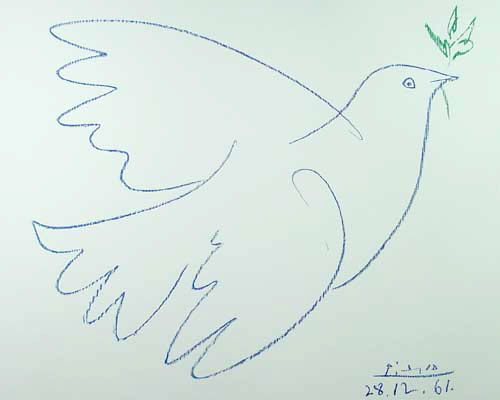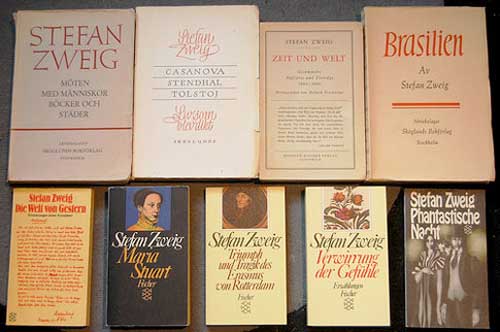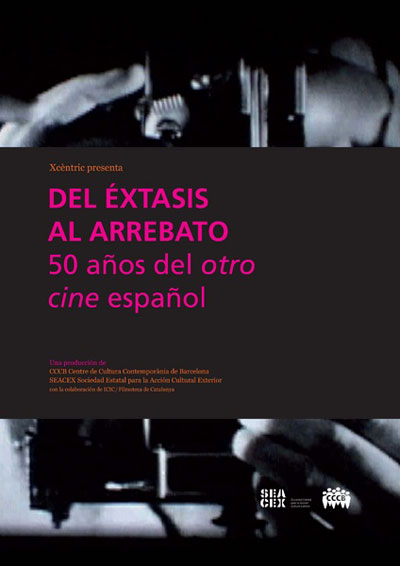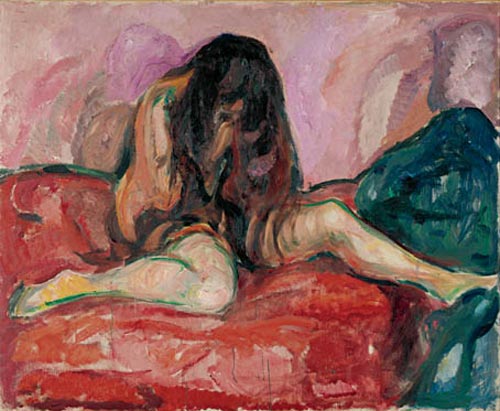Pier Paolo Pasolini was born in Bologna in 1922. He began writing his first poems when he was 7, inspired by the beauty of Casarsa, the town where he lived at that age. The symbolist Rimbaud was perhaps one of his early influences.

Due to the fact that he devoted his life to literature, journalism and filmmaking, Pasolini was a difficult-to-catalog, as well as too versatile artist. In his life, he was involved with the Communist Party, despite disagreements with its various factions; he compared the official Marxism with Catholicism, calling them the “two churches.” No doubt his political ideals, his intellectual stereotype of anti-consumerist and anti-clerical, together with his extremely high subversive potential and his open homosexuality linked with certain minor scandals, had led many detractors and enemies.
In 1943 he is called to the army. In 1945, his brother Guido, with whom he had a very strong bond, is murdered by anti-fascists. This murder is used to put him on the cover of certain newspapers, which rapidly spread the news: the brother of a communist assassinated by Communists. After a few minor scandals, Pasolini with his mother left the region of Friuli to travel to Rome. His first years there were hardness, poor and loneliness.
Among his writings in poetry stands out, “Gramsci´s Ashes”, “The religion of my time,” “The Nightingale of the Catholic Church”, “Poetry as a Rose.” In rehearsal, “Teorema”, “Passion and Ideology”, “About the dialectical poetry.” And among his novels “A violent life”, “Women in Rome”, “Orgy”, “Calderón” and “Boys in the street.”
He started being a film director and screenwriter in 1961 with the film Accattone, in which he founded a style that could be classified as post-neorealism, with marginal characters, in a sleazy post-war environment with picaresque colors.
The great Anna Magnani was the protagonist of his second film Mamma Rosa (1962). In 1963, he directed the film The ricotta RoGoPaG, which was censored, and Pasolini was convicted and sentenced to 4 months in prison for his anti-clerical positions.
Other of his acclaimed works are: The Gospel According to St. Matthew, Little birds and big birds, Oedipus Rex, Pigsty, Medea, the trilogy of life, or sex, the Decameron, The Canterbury Tales and Arabian Nights.
In 1975, he directed what would be his last film, Salò or the 120 Days of Sodom, which was banned in several countries due to its explicit portrayal of the rape, torture and murder of apparently minor. This film shocked the Italian society, and causes the author received political pressure and even death threats. And maybe this movie just signed his death warrant.
On the morning of November 2, 1975, in a clearing of the Roman coastal town of Ostia, Pasolini´s body was found. He was brutally hit with his own car.
The official version is that a young man who Pasolini tried to have sex with, was his murderer. There are many questions about this, but finally there was only one defendant.
Recently in 2005, new statements by the accused, self-exonerating reopened the controversy and the case, casting if possible even more mystery to the fateful events of that night and the unanswered question of who killed Pasolini.
 Ara
Ara
Rome was the second city of Pasolini. Many of his films were shot there, if you´re a movie buff walking the streets of Rome you will recognize some of their scenes. Wander through this beautiful città and rent apartments in Rome

 English
English


